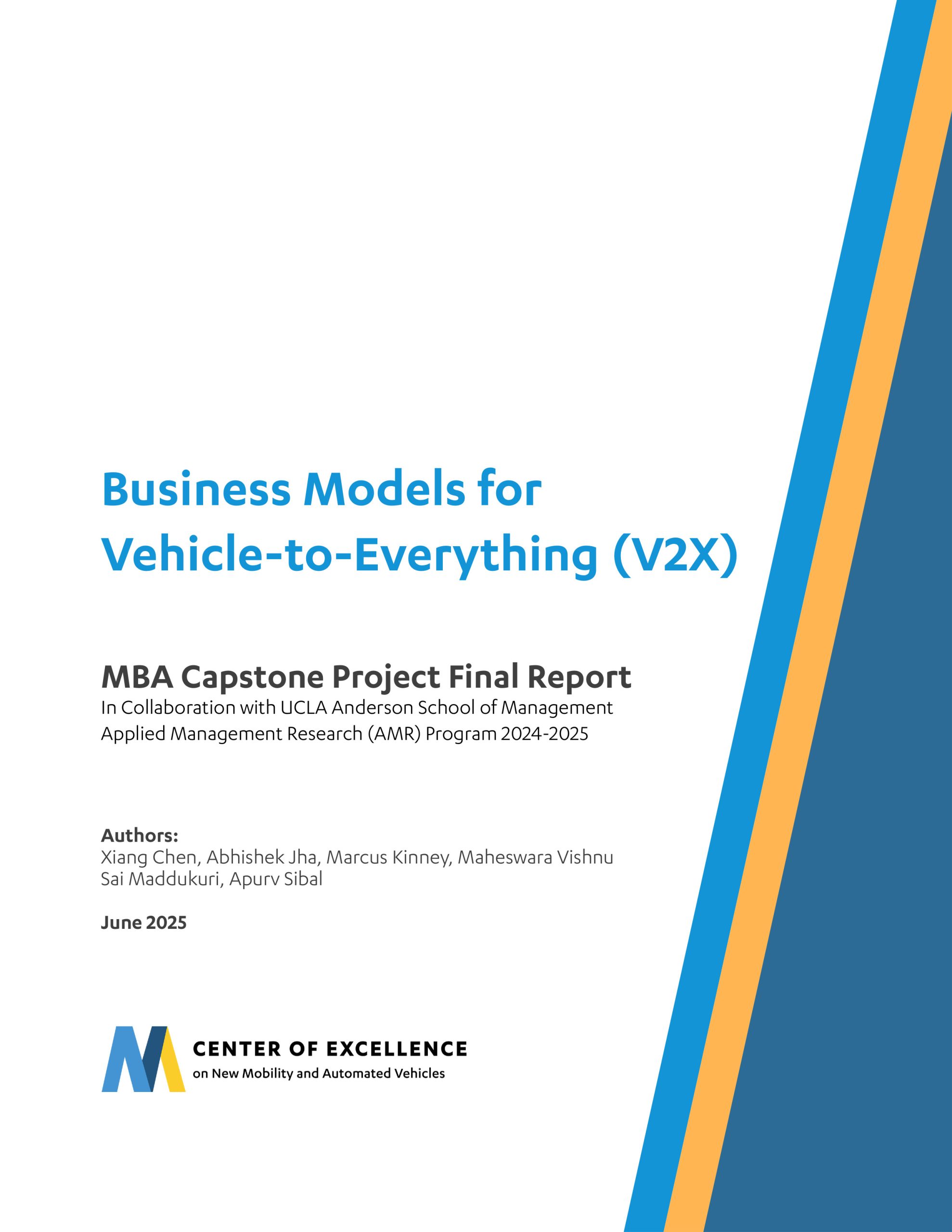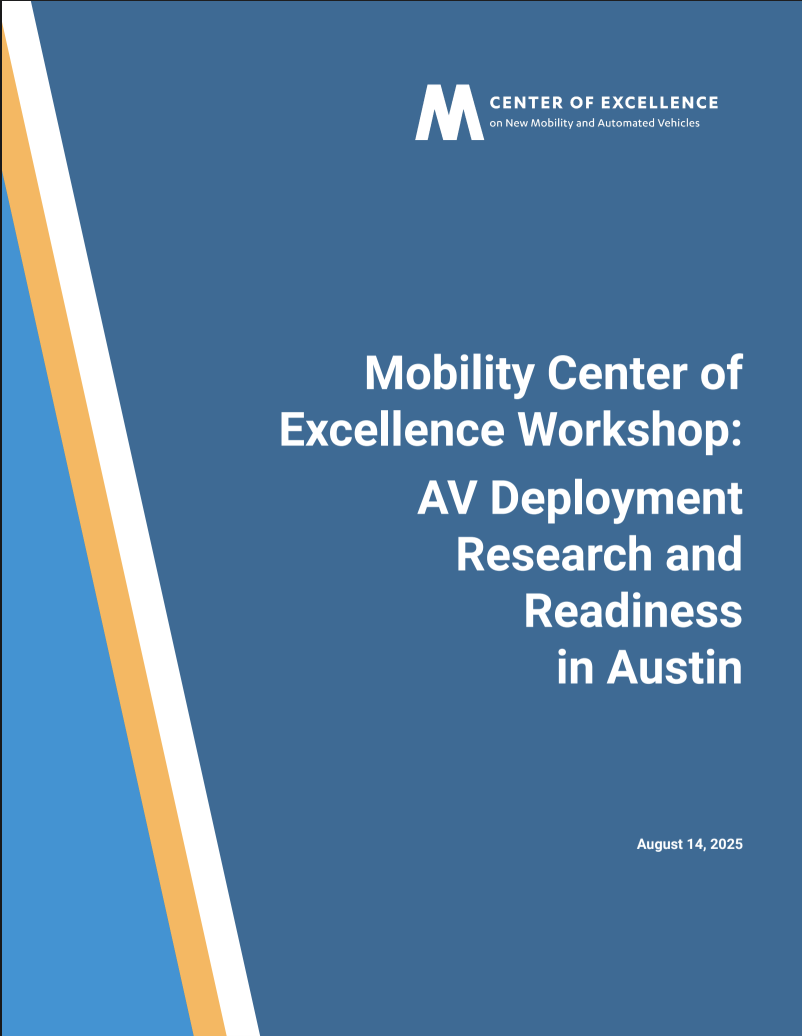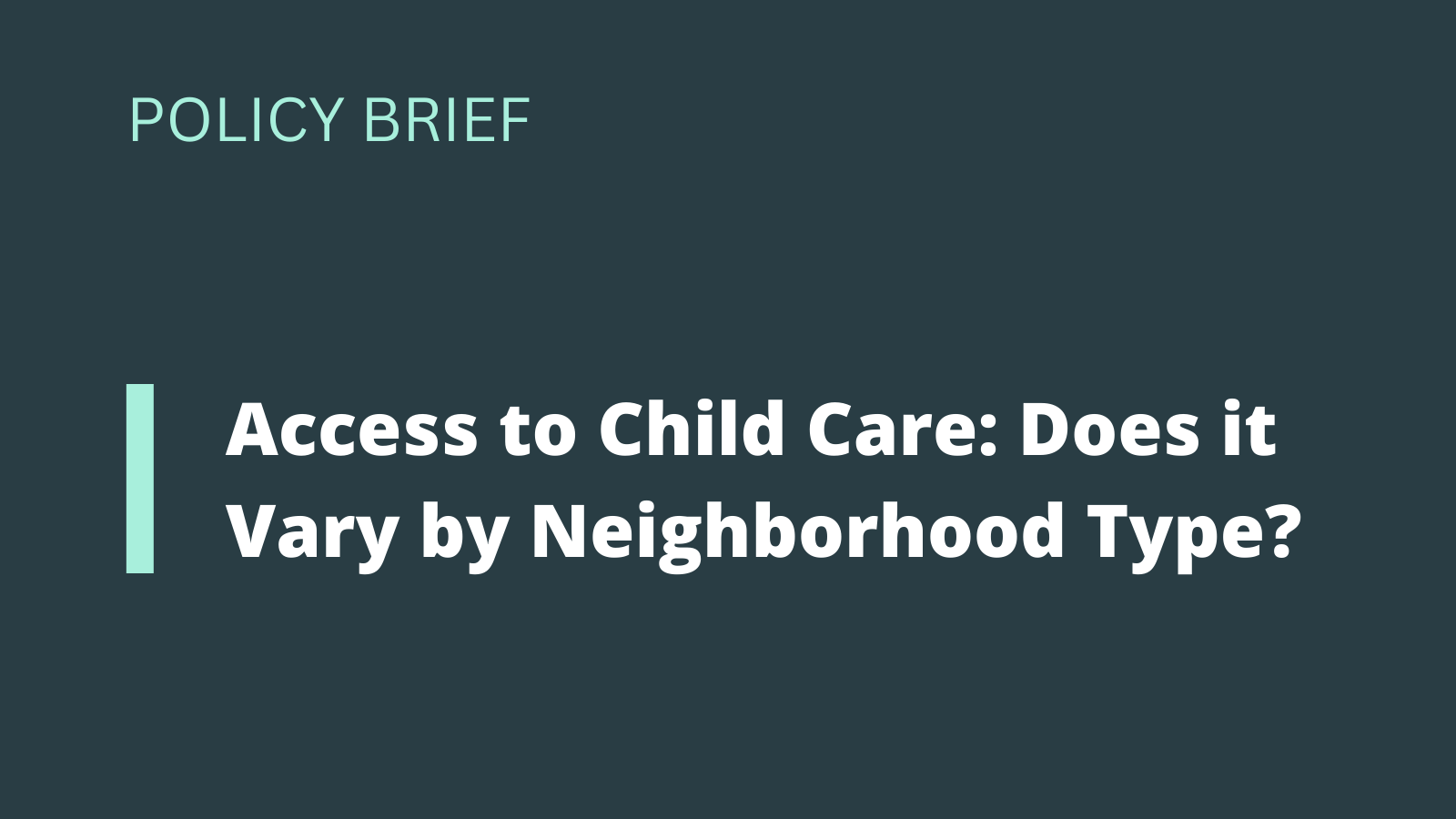Permits, Fees, Paperwork and Delays: Regulating New Shared Mobility
superadmin2025-08-14T17:19:40-07:00Public agencies and state and local governments often impose various regulations on shared mobility services. These regulations vary widely by place and mode, and the costs and benefits of these regulations are poorly understood. This project aims to categorize shared mobility regulations, identify their intents and impacts, and to better understand the balance of regulations.



